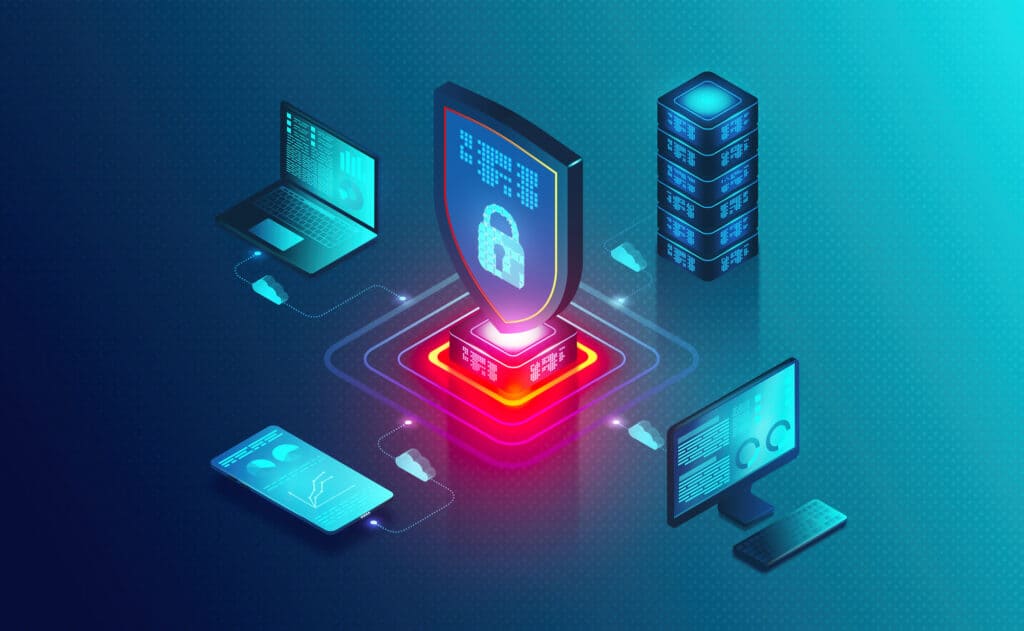Course DetailsHome / Courses Details
Cyber-Security
This Cybersecurity Fundamentals Training course provides a comprehensive introduction to cybersecurity principles, threats, and best practices. Participants will learn how to identify and mitigate cyber threats, secure networks and systems, and protect sensitive data from cyberattacks. The course covers essential topics such as ethical hacking, encryption, firewalls, malware analysis, and security policies.
Through hands-on exercises and real-world case studies, participants will develop practical skills in cybersecurity defense, risk assessment, and incident response. By the end of the training, learners will have a strong foundation in cybersecurity, making them better prepared to safeguard digital assets and pursue careers in cybersecurity.

- Basic computer literacy and internet usage
-
- Familiarity with networking concepts (recommended but not required)
-
- Interest in cybersecurity, ethical hacking, and digital security
